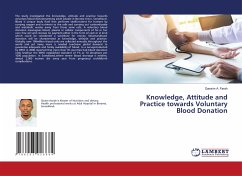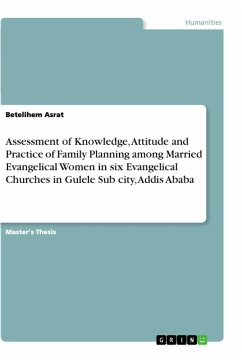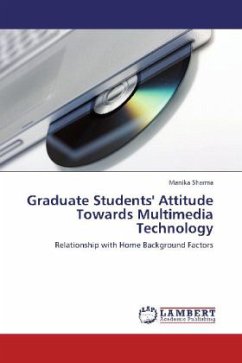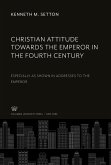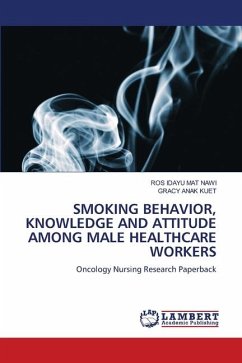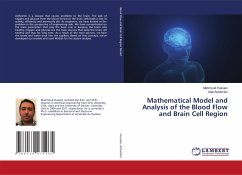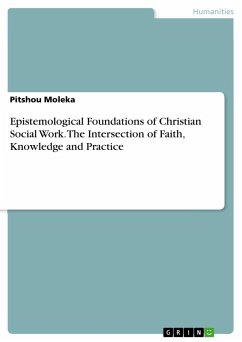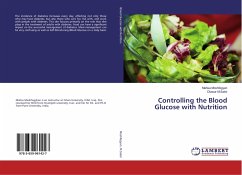The study investigated the knowledge, attitude and practice towards voluntary blood donationamong adult people in Borama town, Somaliland. Blood is unique body fluid that performs vitalfunctions for humans by carrying oxygen and nutrients to the cells and carrying out carbondioxide and metabolic wastes away from those same cells. A voluntary blood donation meansgives blood, plasma or cellular components of his or her own free will and receives no payment,either in the form of cash or in kind which could be considered a substitute for money. Voluntaryblood donation will be characterized as knowledge, attitude and practice. Globally, over 100million blood units are collected annually throughout the world and yet many more is needed toachieve global demand to guarantee adequate and timely availability of blood. In a surveyconducted by WHO in 2006 reported that more than 70 countries had blood donation rates lessthan the WHO established standard of 1% or 10 donations per 1000 population. In Somaliland,where severe blood shortage is evident, almost 2,000 women die every year from pregnancy orchildbirth complications.
Bitte wählen Sie Ihr Anliegen aus.
Rechnungen
Retourenschein anfordern
Bestellstatus
Storno

